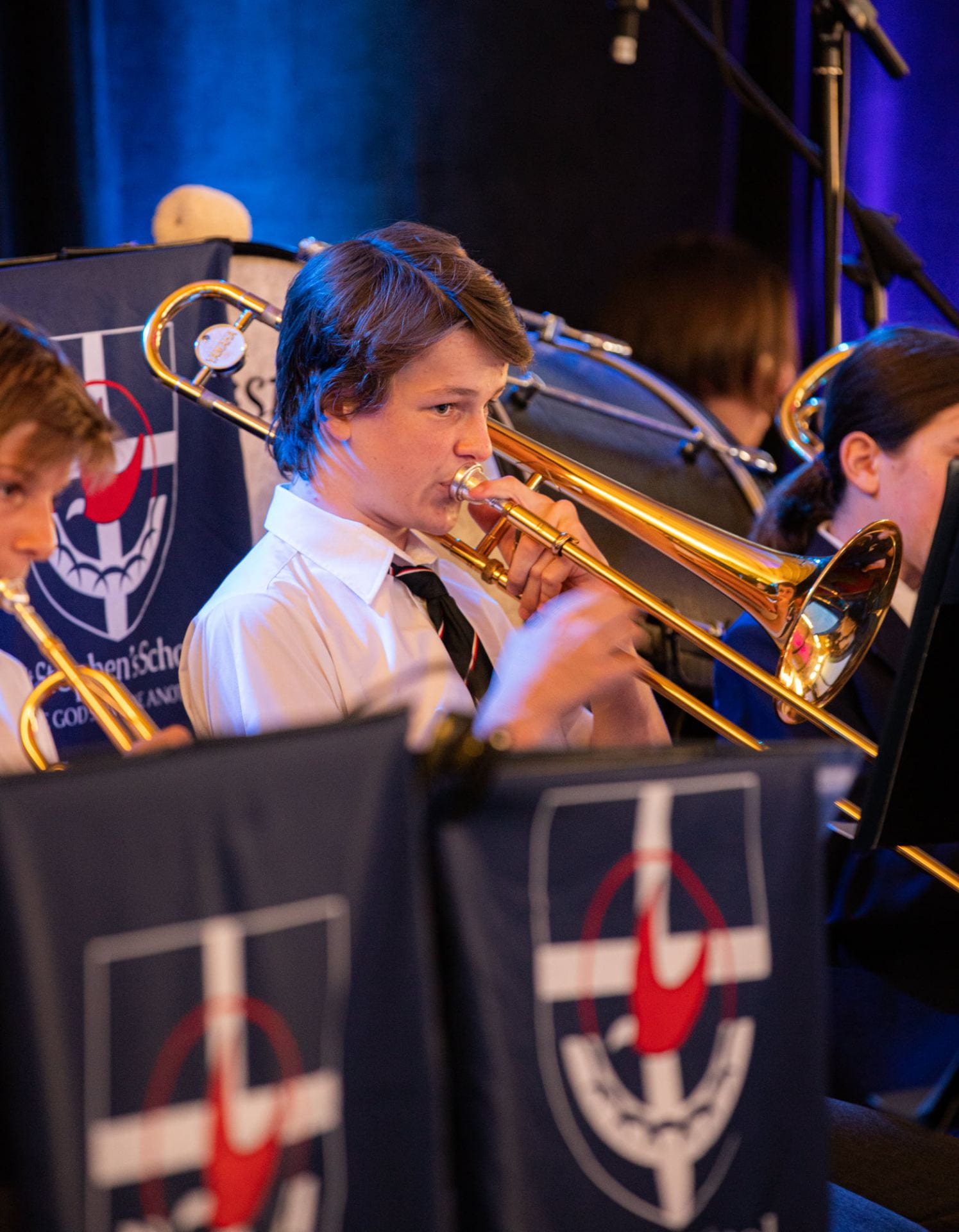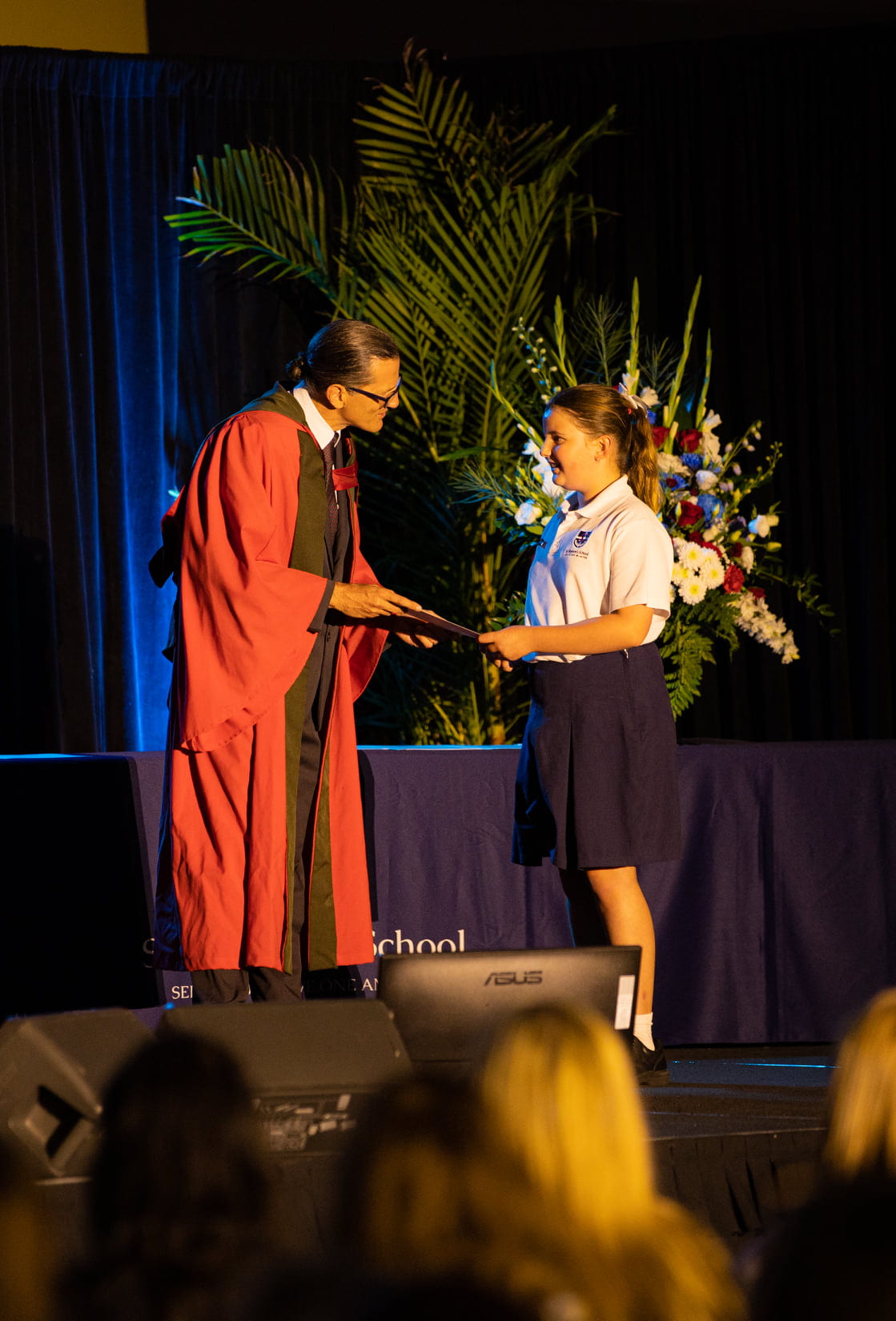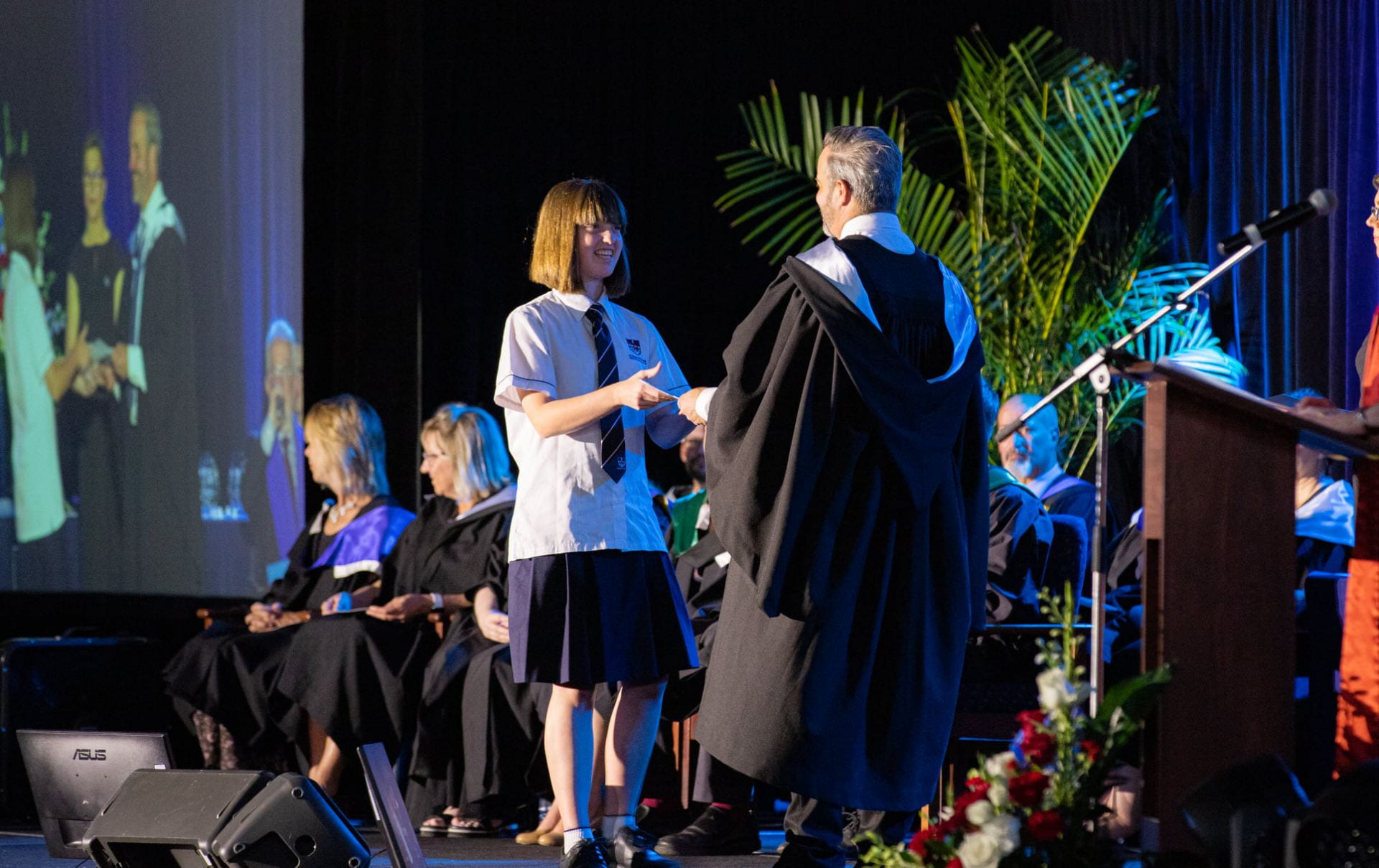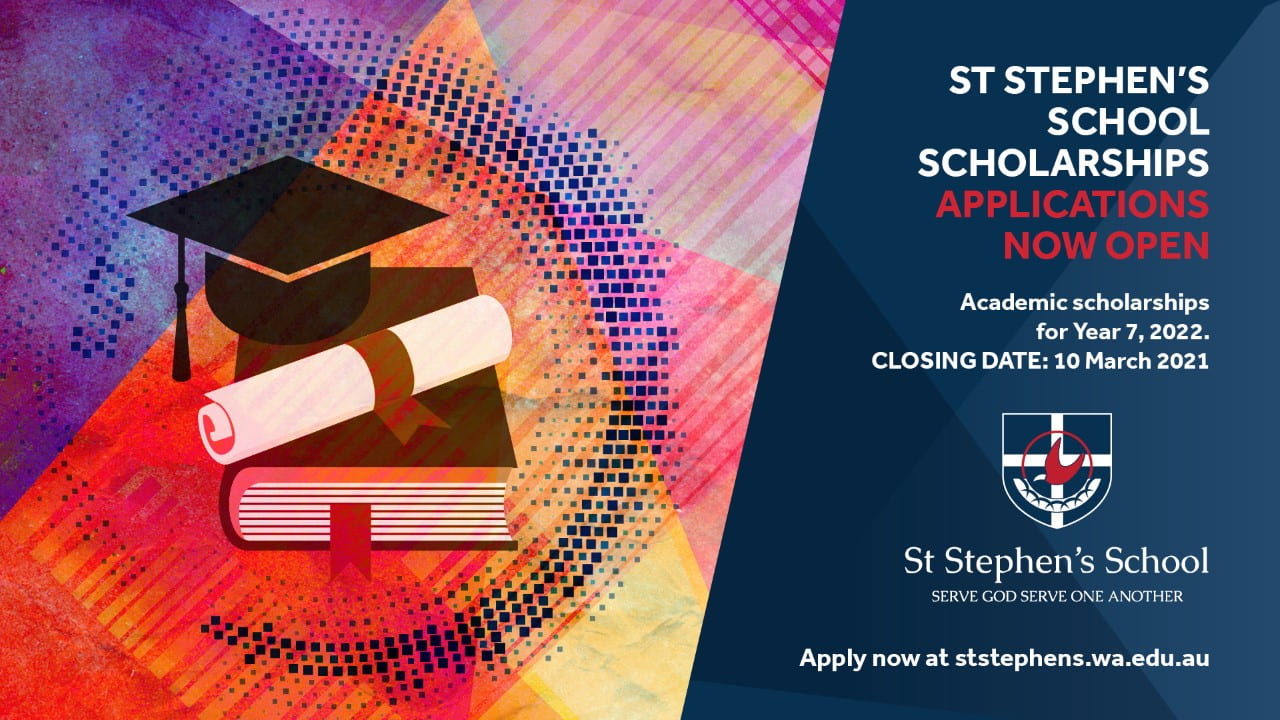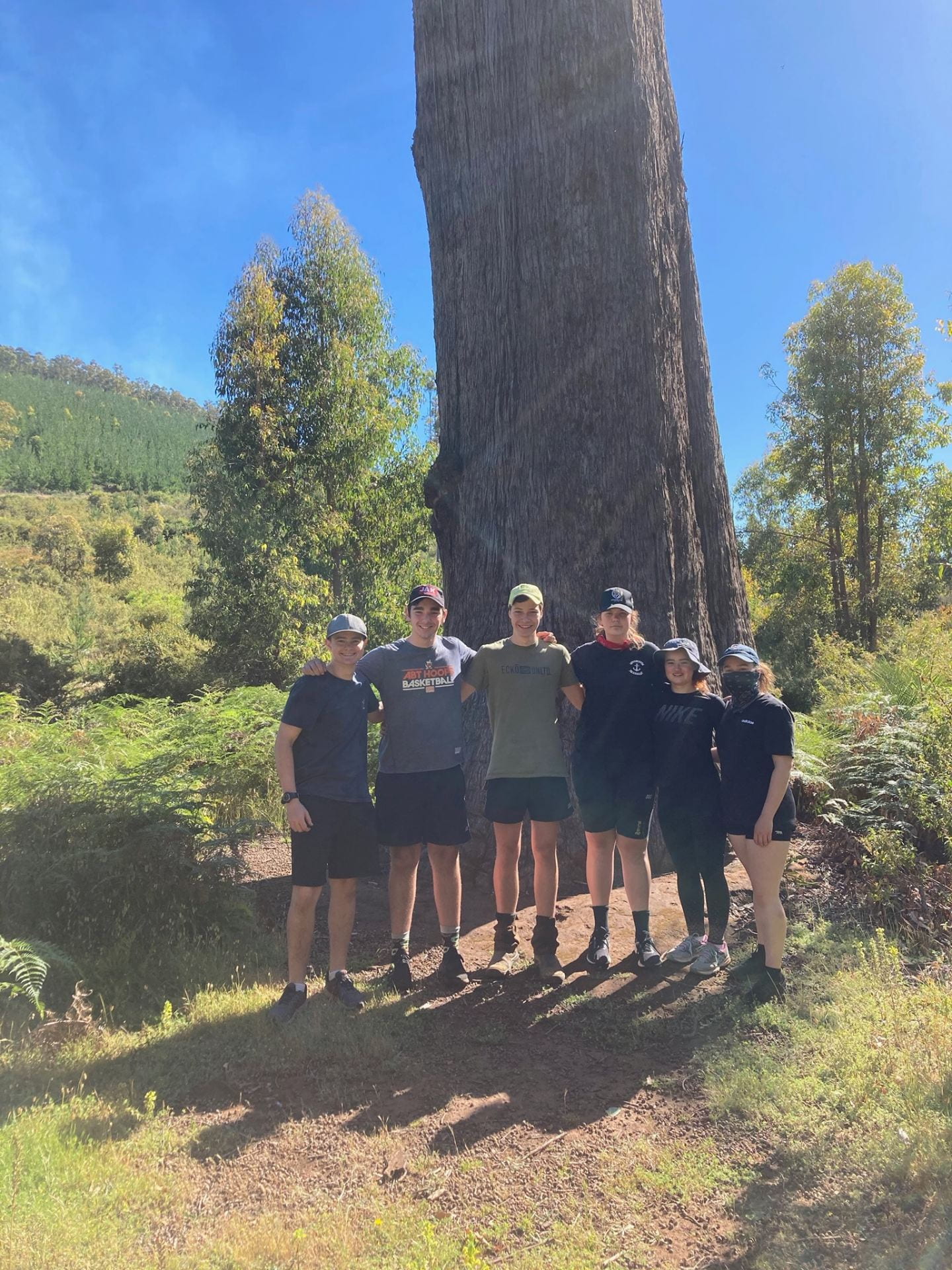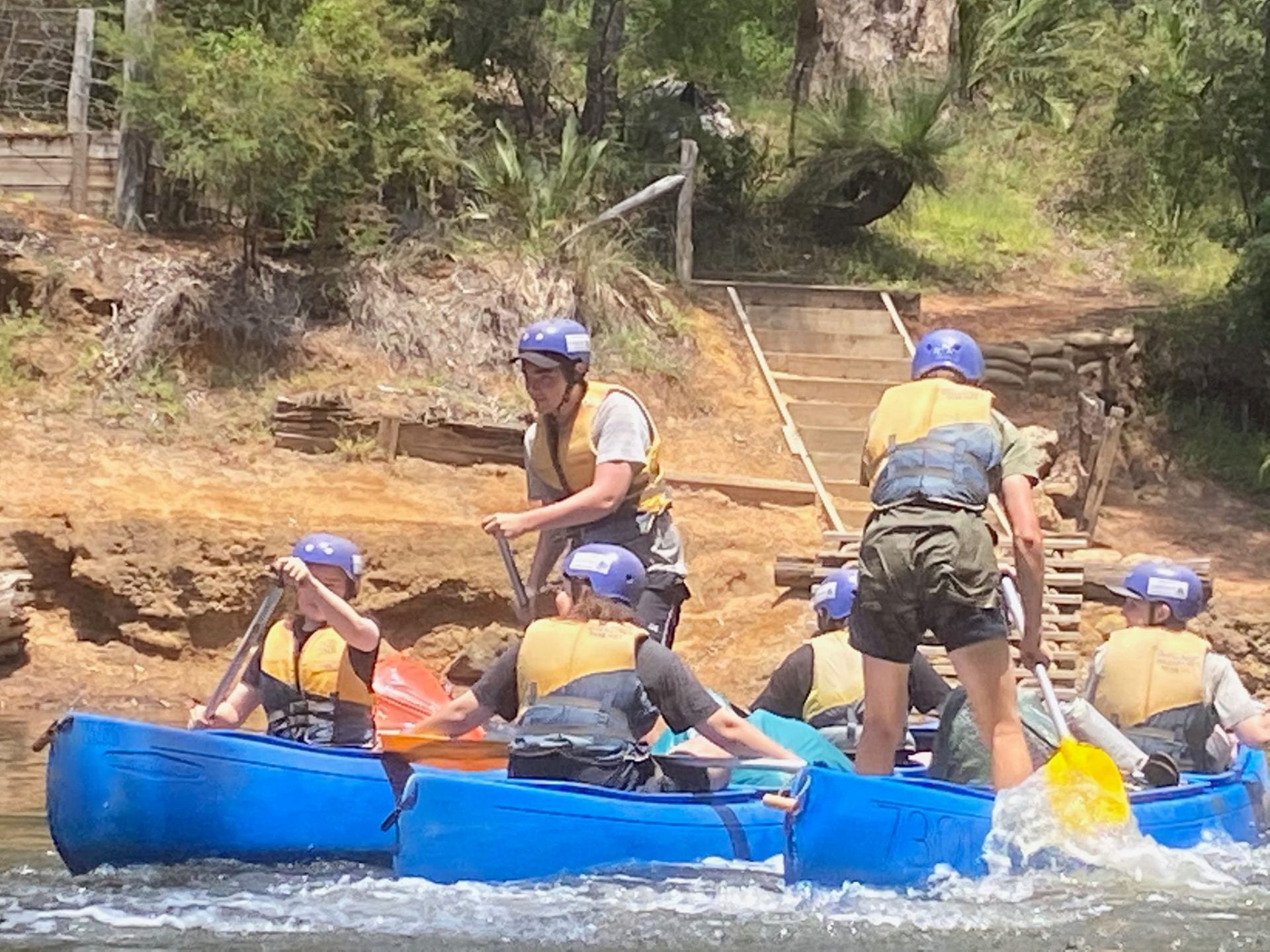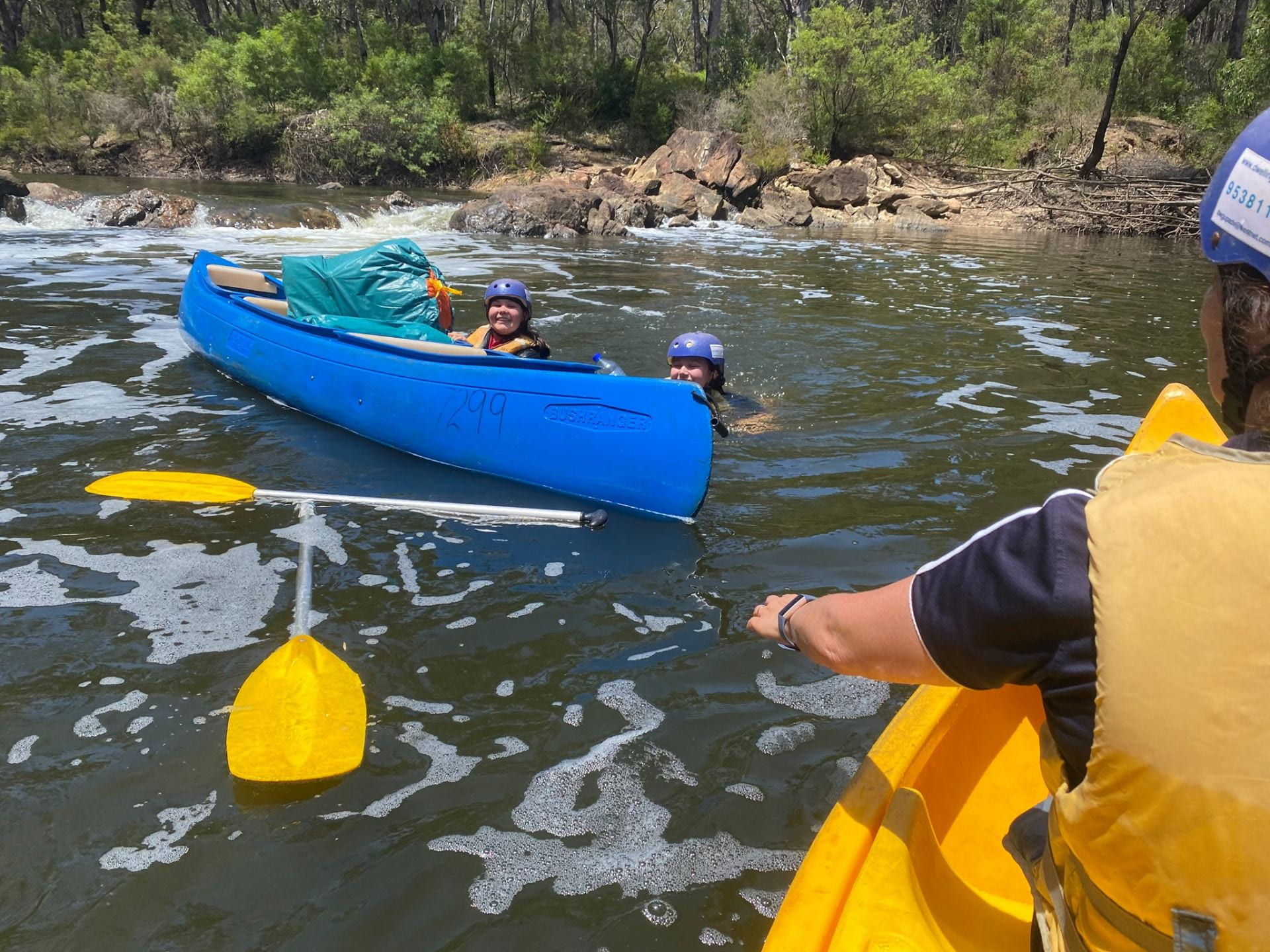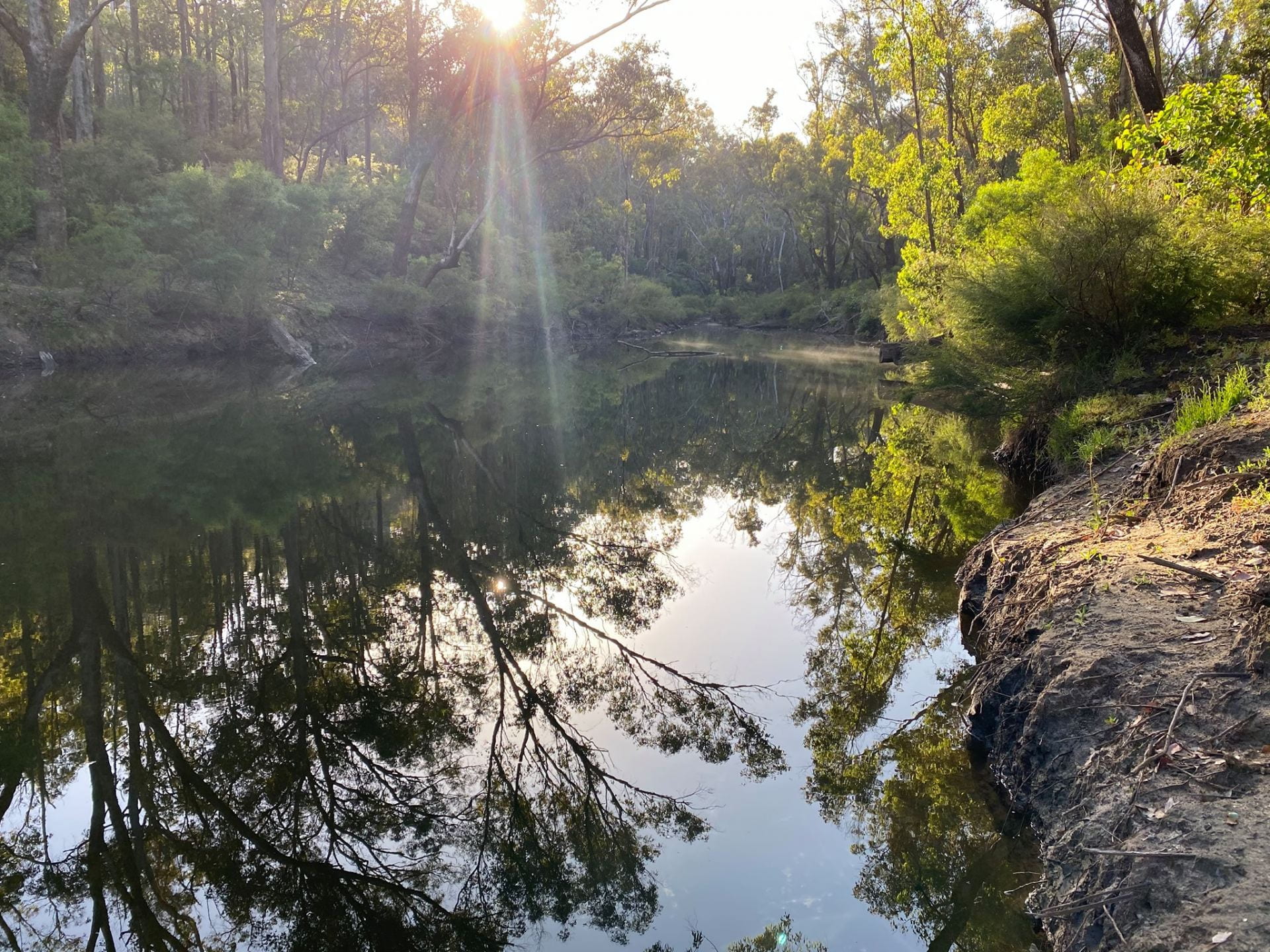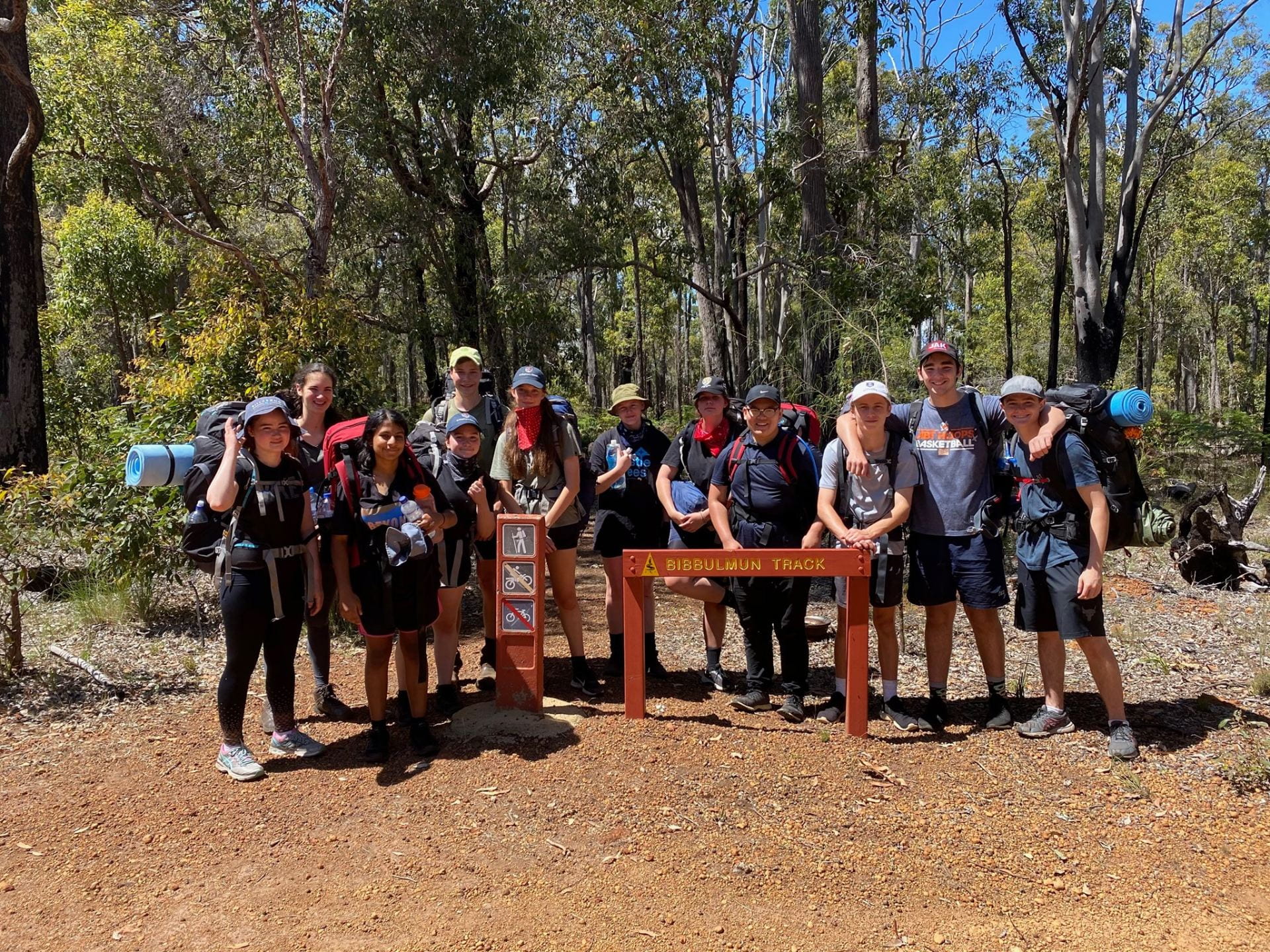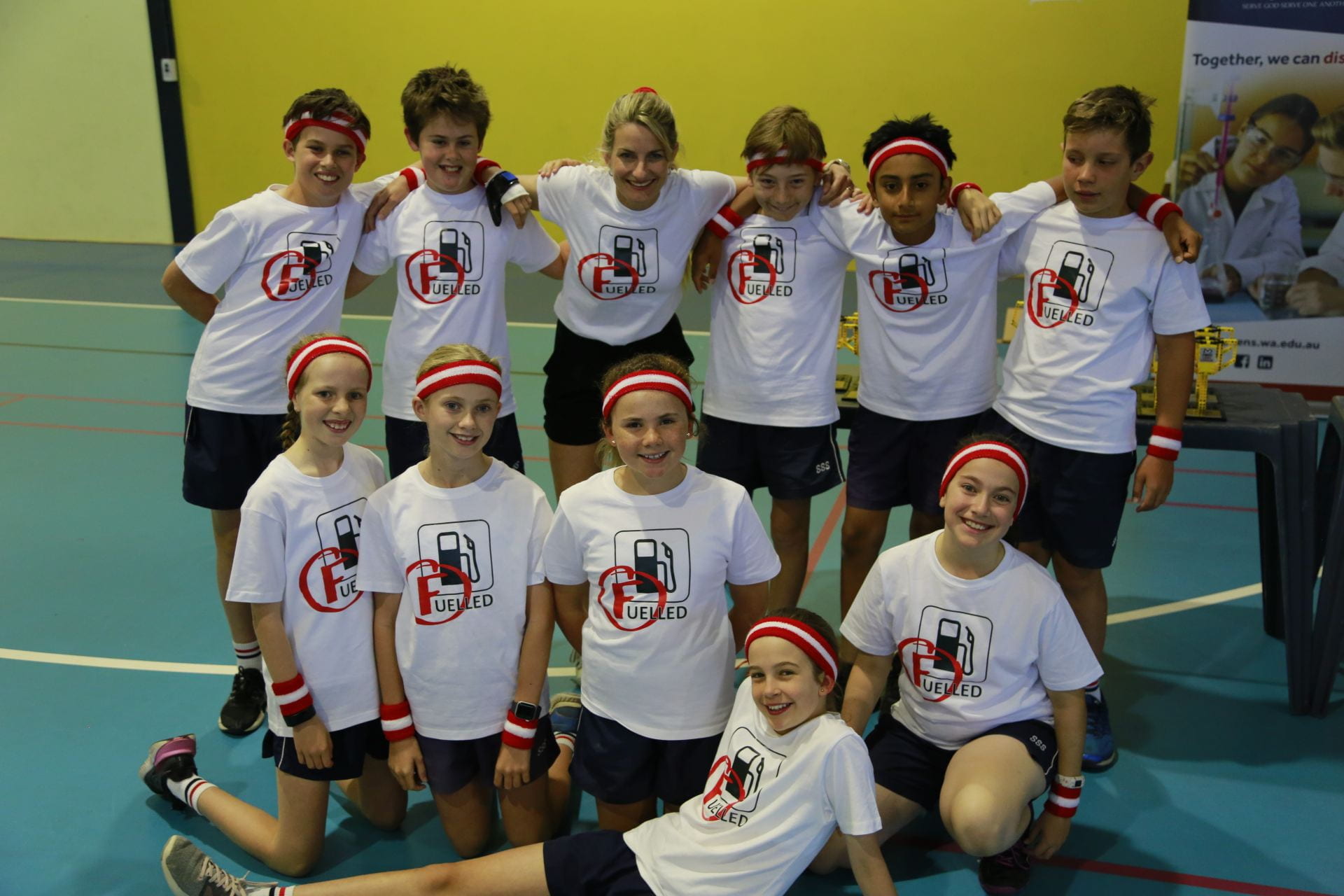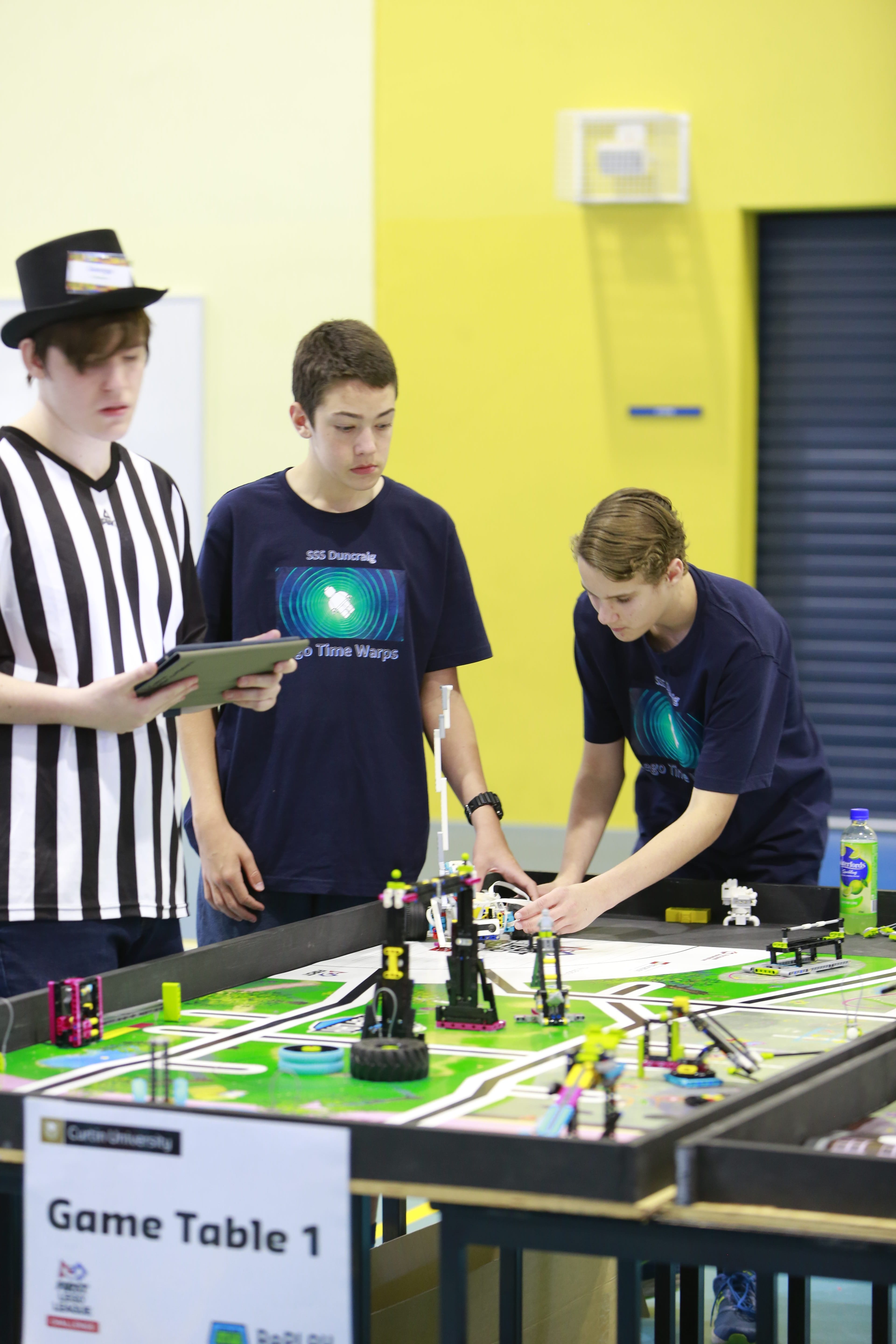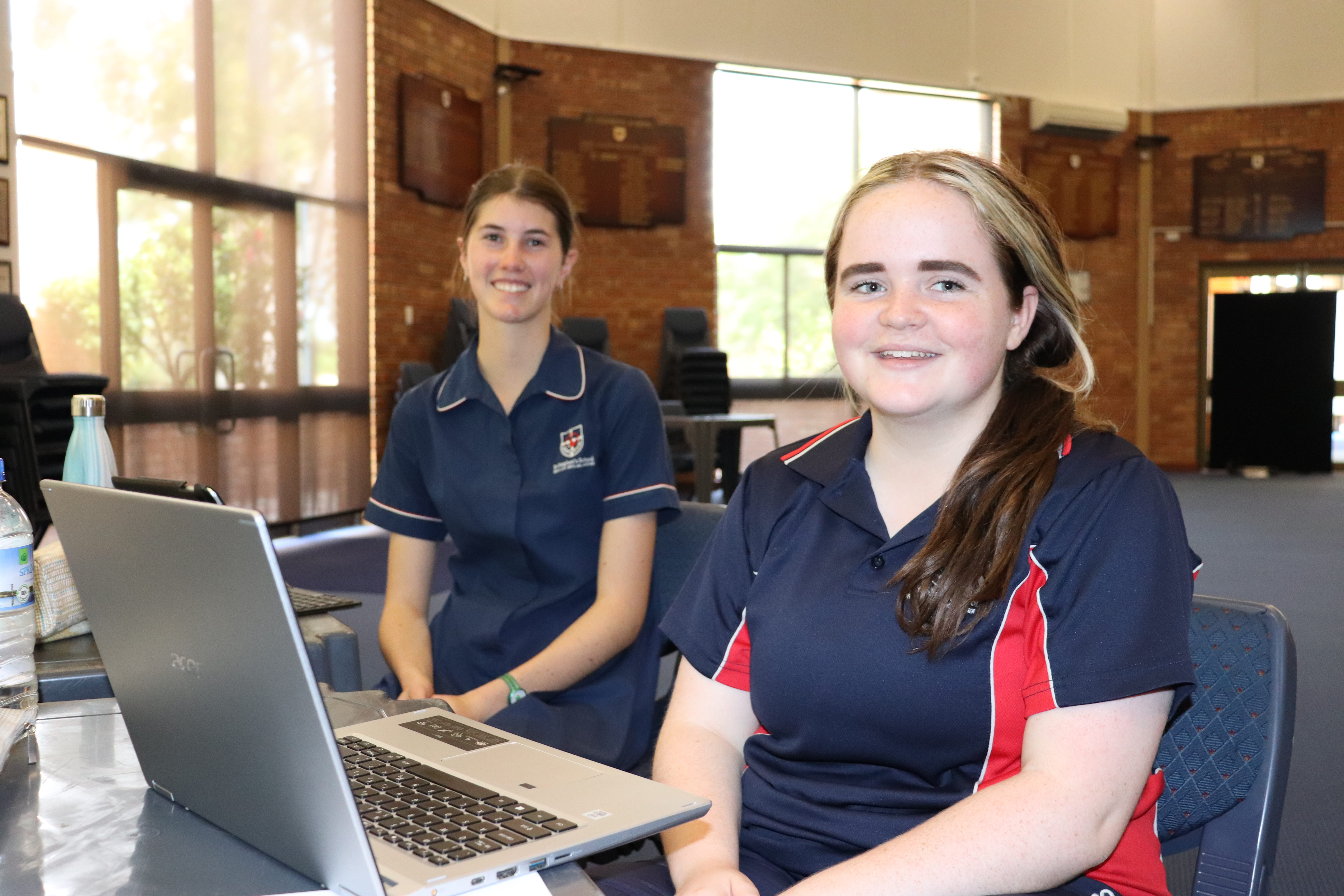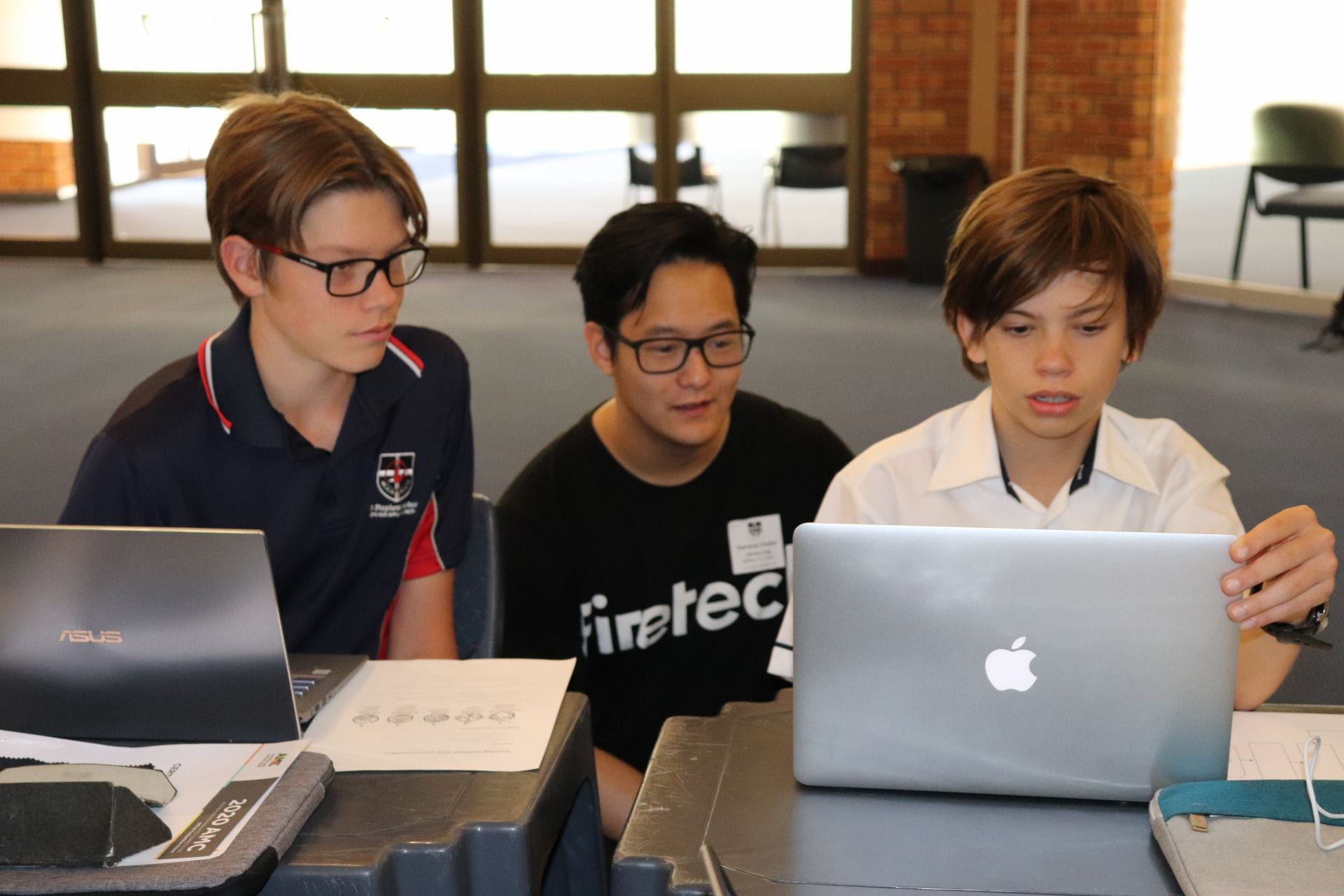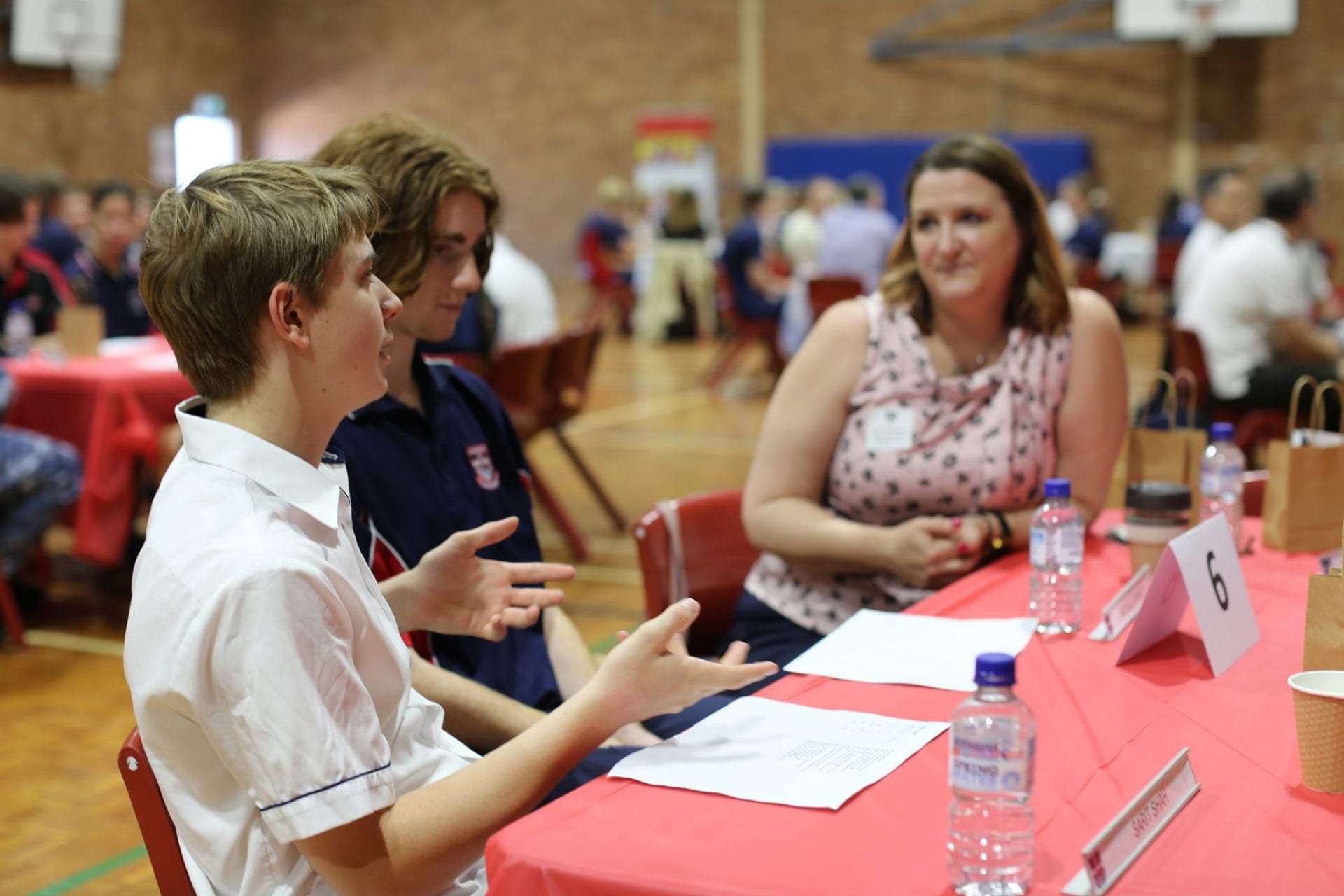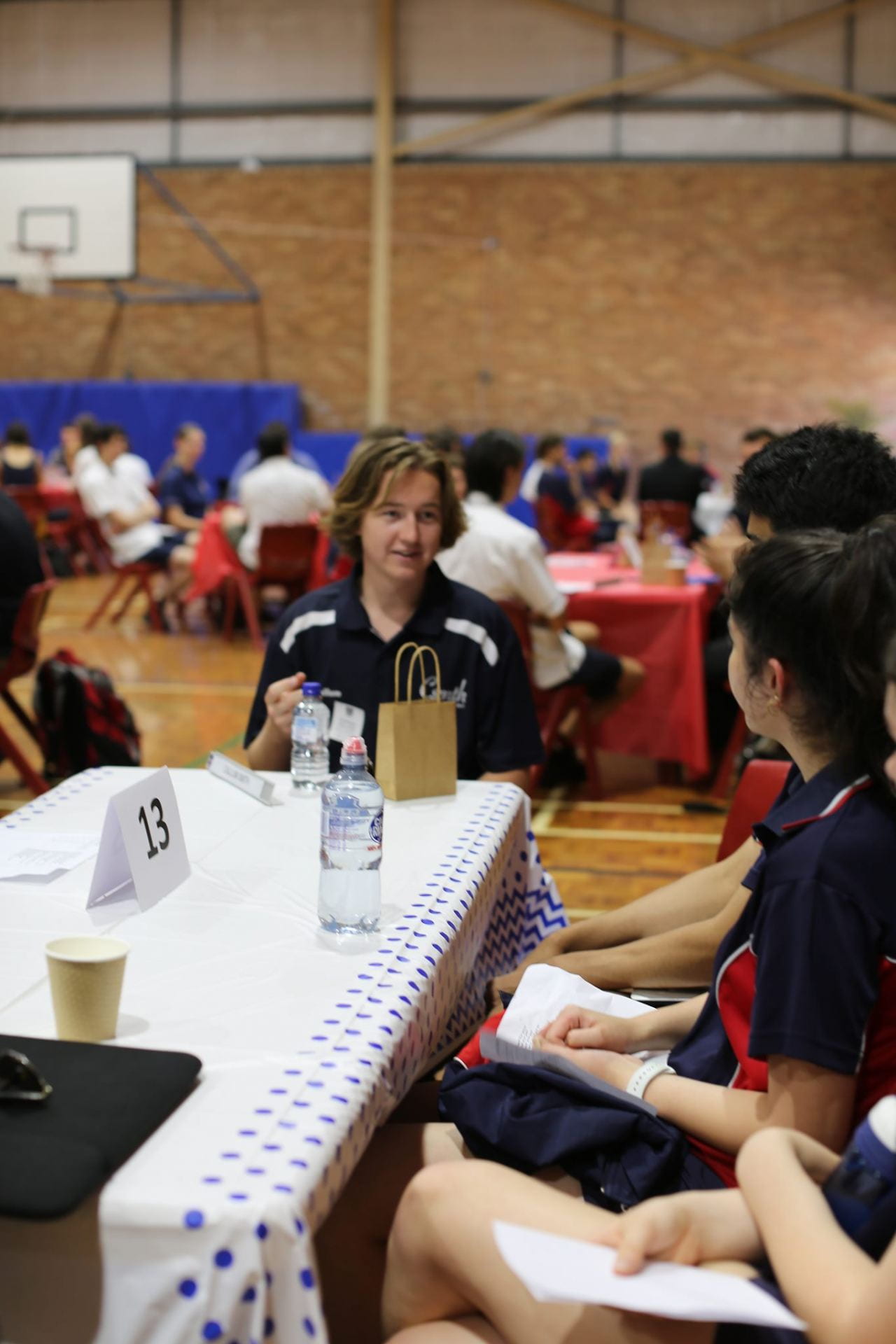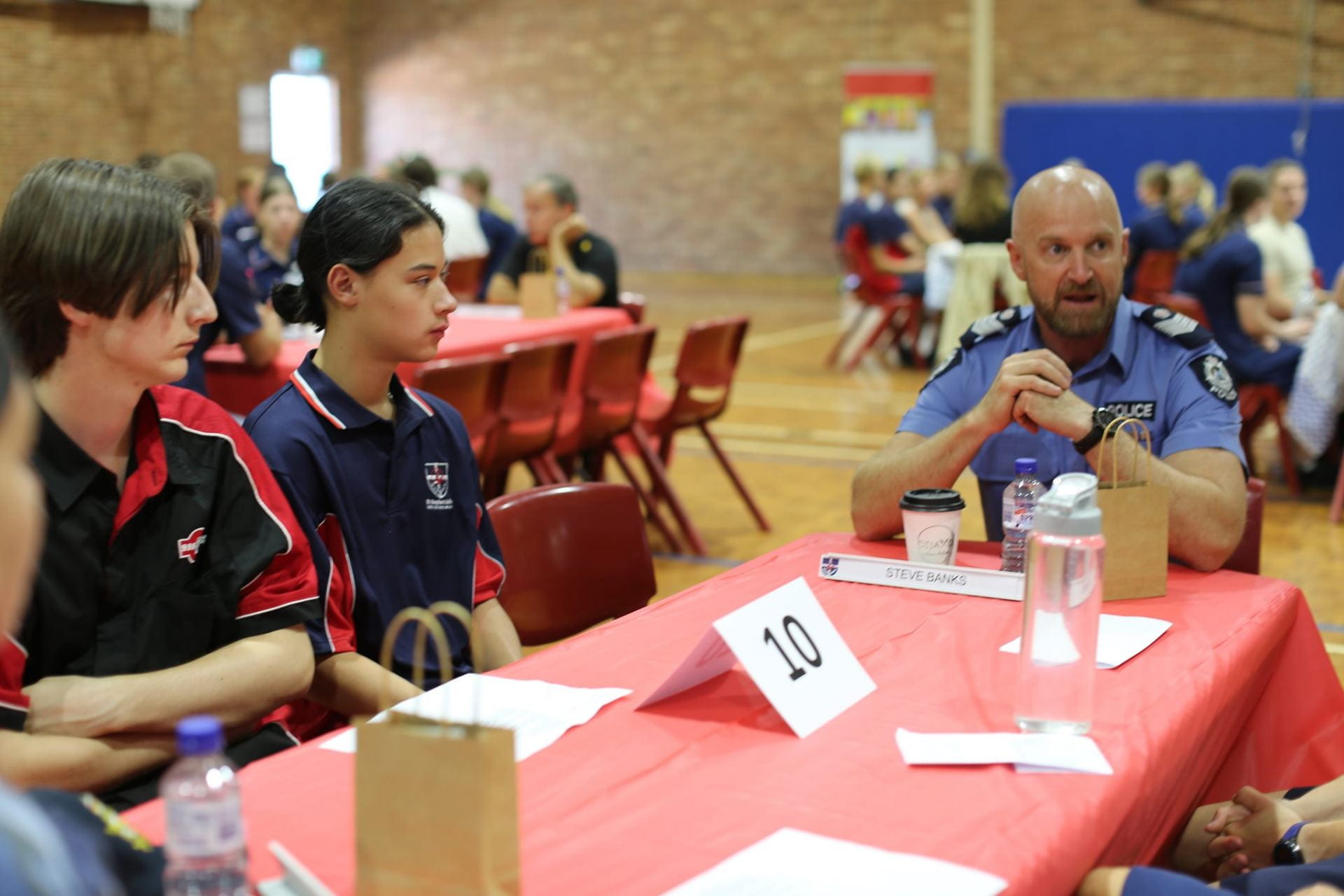The achievements and talents of our students were celebrated at our annual Presentation Evenings this week. Check out some of our photo highlights and visit our news page for a full list of award winners https://www.ststephens.wa.edu.au/our-community/news-events
Category: 2020
2021 School fee payment options
December 8, 2020Dear Parents/ Guardians,
In 2021, the School will be simplifying the annual school fee notification and payment selection process for parents. Parents / Guardians will no longer be required to re-select a preferred payment method and frequency at the start of the school year.
The payment method (direct debit, or credit card, or BPAY) and frequency of payment (weekly, fortnightly, monthly, three instalments or annual upfront) that you had in place in 2020 will continue automatically in 2021.
The dates to note for payments (based on frequency) next year are:
1 upfront payment due on 29 January 2021 (2% discount); or
43 weekly payments starting 4 February 2021; or
22 fortnightly payments starting 4 February 2021; or
10 monthly payments starting on 2 February 2021; or
10 monthly payments starting on 17 February 2021; or
3 instalments (BPAY only) on 18 February 2021, 20 May 2021 and 19 August 2021
You will not be required to take any action, unless you would like to change the method of payment or frequency of payments. In which case, please contact the Accounts Receivable team on 9243 2103 or email accountsreceivable@ststephens.wa.edu.au as soon as possible.
If you wish to change your credit card, or bank account details, you are able to do this at any time throughout the year via the Parent Portal. Click on the ‘School Payments’ tab and select Manage stored cards and direct debits to bank accounts (https://edinfo.ststephens.wa.edu.au/ManageStoredCards.aspx).
On 11 January 2021 your annual fee invoice will be available for you to view on the Parent Portal in the ‘School Payments’ tab – select Statements and receipt history (https://edinfo.ststephens.wa.edu.au/fin.aspx).
All the best for the holidays and wishing you a Happy Christmas,
From the Accounts Receivable Team.
Year 7 School Scholarships
December 4, 2020CHATTING BOTS
December 4, 2020A group of Year 9 and 10 students got an insight into cloud-based careers this week, learning to create and develop a chatbot as part of Amazon Web Services’ pilot program on campus this week. AWS engaged Fire Tech to undertake the two-day training program which saw students learn industry skills and work in teams to create chatbots.
CAPTAINS’ CHALLENGE
December 3, 20202021 House Captains tested their leadership skills at the Captains’ Challenge three-day camp at Dwellingup. Captains and Deans of House tackled challenges which tested problem solving, resilience and teamwork as they backpacked and canoed down south. Our Captains are eager to put their skills to use back at school when Term 1 starts in 2021!
LEGO MASTERS
December 1, 2020The FIRST Lego League RePlay challenge was mastered by our Carramar Primary team at the weekend! The team won each category and the regional competition, Carramar Secondary placed second and Duncraig Primary also placed to advance in the competition. Our four teams worked hard in the lead up to the big event, creating robots and developing innovation projects. Congratulations to all students involved and thanks to staff and parents who assisted our teams. We are looking forward to the national competition at Curtin University on December 12!
AWS CHATBOTS
December 1, 2020A group of Year 9 and 10 students got an insight into cloud-based careers this week, learning to create and develop a chatbot as part of Amazon Web Services’ pilot program on campus this week. AWS engaged Fire Tech to undertake the two-day training program which saw students learn industry skills and work in teams to create chatbots.
Exam FAQ
November 30, 2020Exam time can be a stressful time for the whole family. We wanted to provide a simple explanation about some of the Frequently Asked Questions we receive around results and the meaning behind some of the commonly used acronyms and phrases.
We would like to firstly note that League Tables, which have become widely used as a simple measurement of results in the media, rank schools based upon single measure metrics.
However, schools provide a range of opportunities that are not reflected in many of these tables including service learning, work experience, tours, camps and the like. Different practices between schools regarding scholarships, pathways and subject selections also mean that results are not comparing like for like.
As St Stephen’s believes in the holistic education of a child with both academic achievement and student wellbeing being central to what “success” looks like for a Year 12 graduate, perhaps a more accurate table or statistic to look at for university-bound students is what percentage of students got into university.
- What are the league tables?
While some find merit in the single metric measurements of league tables, at St Stephen’s, we find they only provide a limited snapshot of achievements and do not reflect all students who undertake Year 12 studies in different areas.
Since 2016, the three tables commonly reported on are: the percentage of students obtaining a WACE, the median ATAR and schools’ performance in VET (this is the percentage of students who achieve a Certificate II or higher compared to those who attempted it is the metric – in the last few years St Stephen’s has been achieving a 100% rating in this space).
- What is the WASSA?
All students receive a Western Australian Statement of Student Achievement (WASSA) when they complete Year 12. The WASSA was introduced to WA in recent years to bring the State’s reporting in line with the rest of the country. It formally records a student’s achievement in every course, qualification and program completed in senior secondary schooling and provides evidence of achievement.
- What is the WACE?
The West Australian Certificate of Education (WACE) is awarded to students who have successfully completed senior secondary schooling and have met the specific WACE requirements.
These include either achieving an ATAR score (complete at least four Year 12 ATAR courses) or a Certificate II (or higher) in a Vocational Education and Training (VET) qualification, plus meeting literacy and numeracy standards, grade standards and studying a breadth of subjects. More information about the requirements can be found on the School Curriculum and Standards Authority website at senior-secondary.scsa.wa.edu.au.
- What is ATAR and how is it calculated?
ATAR stands for Australian Tertiary Admission Rank. It is used to rank students who wish to enter public universities in Australia relative to one another. Find more at www.tisc.edu.au/static/guide/atar-about.tisc.
The ATAR is calculated by averaging moderated school marks and examination marks to determine a combined course mark. These scores are then standardised and then scaled.
The top 4 scaled scores of appropriate course combinations are added together to produce the School Leaver Tertiary Entrance Aggregate, this is then converted into an ATAR score. Find more here: www.tisc.edu.au/static-fixed/statistics/misc/marks-adjustment-process.pdf
- Why is calculating the ATAR so complicated?
The statistical processes used are done in the interests of fairness for all.
Moderation of school marks occurs to ensure that students are neither advantaged or disadvantaged as a result of differences in the standards of assessment and marking that occurs within different schools.
Standardising marks is to compensate for variations that may occur in the difficulty of particular examinations from year to year.
Scaling takes account of the ability of students undertaking different courses to ensure that students taking difficult courses are not disadvantaged or advantaged if they take an easier one.
- What is VET?
VET stands for Vocational Education and Training. It provides students with qualifications recognised nationally by industry and training organisations. At senior school level, the qualifications offered are usually Certificate I, II, III, or IV courses. More at senior-secondary.scsa.wa.edu.au/vet/faqs.
Applications for Year 7 Academic Scholarships for 2022 are now open!
November 30, 2020Does your child excel in the classroom? Applications for Academic Scholarships are now open for students heading into Year 7 in 2022.
Scholarships are open to new and current students. The process includes testing in March next year and, if awarded, grants partial or full remission of School tuition fees for the student’s entire Secondary education at St Stephen’s School, subject to ongoing performance and yearly reviews.
See where a scholarship could take your child at https://www.ststephens.wa.edu.au/enrolments/scholarships or contact the School Registrar at scholarships@ststephens.wa.edu.au.
YEAR 11 CAREERS
November 30, 2020Year 11 students got a taste of life beyond school during the Careers Workshops and Conversations events last week. Students were given an insight into potential career paths from industry representatives during workshops on the first day and spent the next day chatting to alumni, parents and other community members at the Careers Conversations session. Students were able to ask questions about industries, working life, study options and career paths during the session. Thank you to all of the industry representatives who supported the two-day event.
